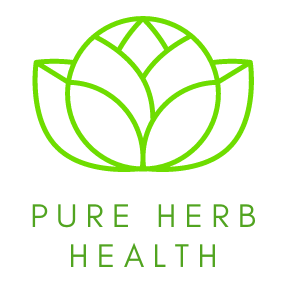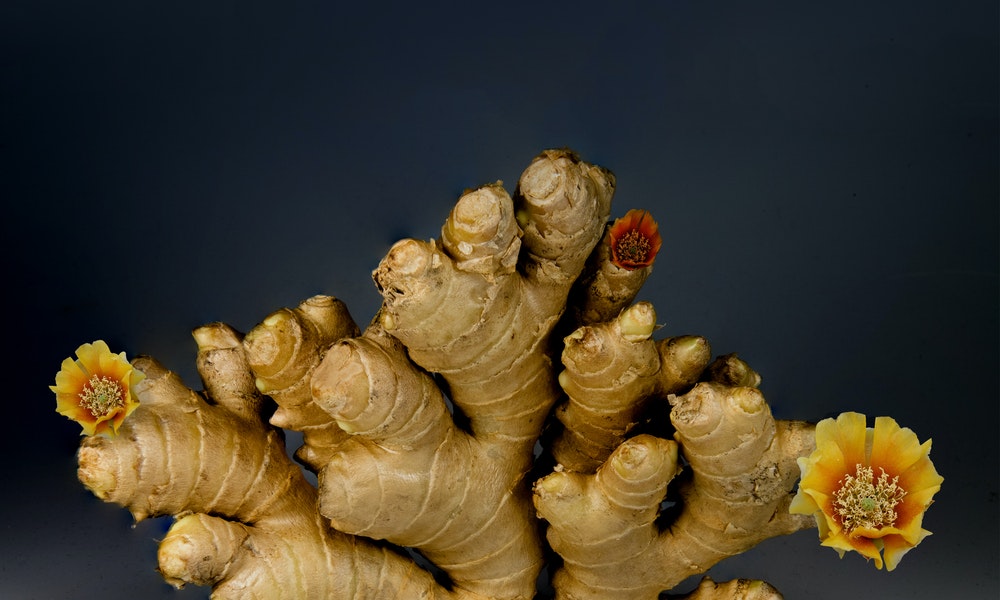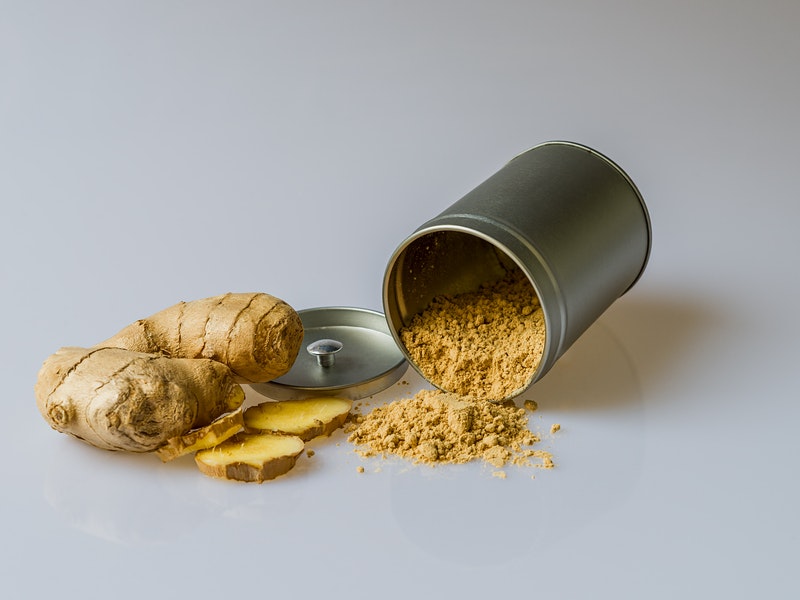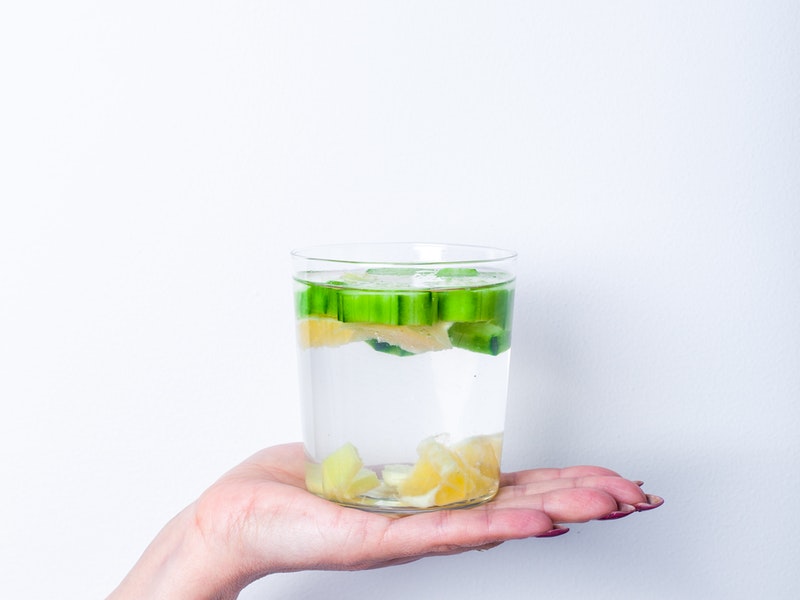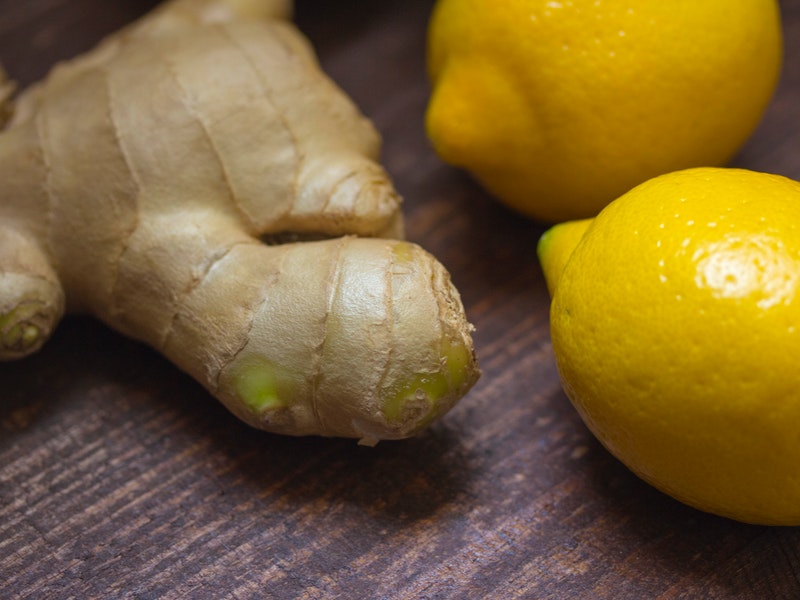Ginger is an amazing herb that can be taken in one form or the other. I can tell you that many love its taste in their drinks or in dishes when used as a spice. The flavour of the fresh root is slightly peppery and sweet, with a pungent and spicy aroma. The dried and ground one is not as strongly flavoured but has a warm bite and little sweetness. You made a healthy choice regardless of how you had it! Let us see how:
Ginger (Zingiber Officinale) is a flowering plant. The root, called rhizome is widely used as a spice and also in traditional medicine. It is grown throughout South Eastern Asia, China, and parts of Japan, Austria, Latin America, Jamaica and Africa. India is the top producer. Let us look at the contents that make it a healthy choice.
It is good to know that this herb has about 85 different species spread all over and all have a varying degree of bioactive contents. Nutritionally, it has been discovered to contain about:
- 50% carbohydrate.
- Small percentages of protein.
- Free amino acids.
- Fatty acids and triglycerides.
- Essential micronutrients.
Chemically, ginger contains a lot but we just focus on the main ones. The root (as we have been focusing on since) has essential oil, which contains a chemical that is responsible for the characteristic aroma. The health benefits are majorly due to its phenolic content. Gingererole and shogaols are considered the main bioactive components. Let us see where and how ginger can benefit us. This then takes us to the next sub-topic:
Health Benefits of Ginger
In traditional medicine, the root has been used to improve body function and helps to eliminate toxins from the body. In modern times, research has revealed that it possesses numerous therapeutic properties including antibiotic, antimicrobial, anti-inflammatory and antioxidant effects.
1. Impact on Your Digestive System
Ginger has been used for a long time traditionally to take care of most gastrointestinal disorders. Examples are below:
- Flatulence due to gas in the intestines.
- It relaxes and soothes the intestinal tract/colon in case of spasms and cramps.
- In nausea, vomiting and motion sickness.
- It helps in digestion by stimulating the production of digestive juices like saliva, which equally aids in swallowing.
- It helps to stimulate the appetite
- It can cleanse the colon
- The fresh root can help relieve constipation whereas the dry powder does the opposite thereby relieving a runny stomach.
- It has been seen to inhibit the growth of H. Pylori (a bacterial that normally lives in the gut) that is believed to complicate peptic ulcers and contribute to the development of gastric and colon cancer
- it protects the lining of the stomach against damage by drugs like alcohol, NSAIDs (aspirin, diclofenac etc.)
2. Improves Respiratory System
Ginger has proven to help relieve congestion due to cough both in the chest and the nose. It can be taken to suppress incessant irritating cough. It equally reduces fever due to cold through its anti-inflammatory property. It can also be used in the management of asthmatic cough. It is advisable to take warm ginger tea in the cold season to help boost your resistance to cold and flu due to its antioxidant property.
3. Healthier Heart
A lot of things are involved in complications or onset of heart diseases and regular use of ginger can help prevent most of these causative factors. It naturally stimulates circulation, has a blood thinning effect, lowers blood cholesterol levels and clears plagues from blood vessels thus preventing blood clots. It also lowers blood pressure etc.
4. Better Brain Health
You can spice up your brain activity with ginger! It assists to improve memory, attention and learning skills. It works like a modern Alzheimer’s drug but naturally with no side effects. So it does help in the management and prevention of Alzheimer’s disease and dementia.
It also acts as a natural anti-depressant and can calm anxiety. Due to it being a potent antioxidant and anti-inflammatory agent, it helps to safeguard the brain from free radical damage, inflammation and the negative effects of MSG(Monosodium glutamate) found in prepared food.
5. Pain Management
Ginger has been used for a very long time in traditional medicine for treating different kinds of pain including menstrual pain, inflammation and rheumatism. This is largely due to its anti-inflammatory property. It is believed that consuming this herb regularly can reduce the pain level and increase mobility in osteoarthritis or rheumatoid arthritis patients. It works the almost same way even better than most NSAIDs (Non-Steroidal Anti-inflammatory Drugs like aspirin, ibuprofen, diclofenac etc.) in alleviating painful conditions with fewer side effects.
6. Migraine Management
Ginger’s inherent ability to fight nausea, inflammation, pain and anxiety makes it an ideal addition in the management and prevention of migraines.
7. Diabetes Care
I don’t want to go into much detail about what diabetes is but simply put, a disease in which the body’s ability to produce or respond to the hormone insulin is impaired, resulting in abnormal metabolism of carbohydrates and elevated levels of glucose in the blood.
Ginger assists in the prevention of the progression of Type II diabetes thereby preventing complications because of its antioxidant property. It has also been found to lower blood sugar and increase insulin sensitivity.
As it is generally said that prevention is better than cure, I will like to let us know that it has been discovered that most people are really in their pre-diabetic stage. The blood sugar is high but not high enough to be in the diabetic range.
So, making it a part of their diet will go a long way in not allowing them to progress into full diabetes disease. It has also been shown to be very effective in dealing with oxidative stress on body cells posed by diabetes.
8. Delays Cataract
It has been shown by researchers that regular consumption delays the progression and maturation of cataracts still due to its high antioxidant property.
9. Ginger As An Immune Booster
It has been shown to boost immune health due to its strong anti-inflammatory and antioxidant effects. This is made possible by the active constituents of ginger exerting their antimicrobial and free radical scavenging properties.
10. Elimination of Intestinal Parasites
This spice has been proven to improve stomach acid production, which indirectly helps destroy parasites (intestinal worms) and their eggs. It equally protects the gut from any sort of internal damage.
11. Ginger as an Antivirus
It has been shown to have an impressive antiviral activity due to its high content of potent bioactive compounds, which have been found to inhibit viral replication and prevent viruses from entering the cells. Specifically, I will like to mention that fresh ginger in hot water when taken is very active against HRSV (Human Respiratory Syncytial Virus) infections. HRSV infections are responsible for a wide range of respiratory illnesses including the common cold. Adding honey to the ginger and hot water is an added benefit in alleviating the symptoms of a common cold.
12. Cancer Prevention and Management
For a long time, this herb has been considered to be very valuable in cancer prevention and management as it is believed to be even ten thousand times more powerful than some cancer chemotherapy. The bioactive compounds, 6-gingerol and 6-shogaol in ginger are responsible for anticancer activity, suppressing the growth and also inducing apoptosis (cell death ) of a variety of cancers like skin, ovarian, colon, breast, cervical, oral, renal, prostate, gastric, pancreatic, liver and brain cancers.
It has equally been noticed that it helps to suppress nausea and vomiting symptoms experienced by most cancer patients undergoing chemotherapy Also due to its anti-inflammatory effect it contributes to alleviating pains in cancer patients.
13. Ginger Prevents Obesity
It acts as a fat and cellulite-burning food thereby preventing body weight gain. Gingerols and shogaols are the bioactive compounds found in ginger that may be responsible for this activity. It also helps in digesting food in the colon faster and stabilises blood sugar and this is key to losing weight.
14. Ginger in Women’s Health
In women’s health, it has been found to be a natural wonder! It helps to regulate irregular menstrual periods, it effectively eases menstrual cramps, fights fatigue associated with premenstrual syndrome, it also promotes healing after childbirth. Also its known to stimulate the production of breast milk for breastfeeding mothers in the first few days following childbirth.
15. Ginger in Men’s Health
The juice is a potent aphrodisiac (anything that stimulates sexual desire) that helps beat premature ejaculation thereby making you last longer in bed. This is possible because it has the ability to increase blood flow. If you like, you can have honey and egg with the juice to give you that energy boost and also add to your protein requirement.
How to Use Ginger
I will like to draw our attention to the use of this spice as a healthy alternative in food preservation and as a meat tenderiser.
Let us have a look at different ways you can have these benefits;
- It can be used as a supplement in form of pills in different dosage strengths but it’s advisable not to exceed 4grams daily. Different brands are available in pharmacies
- Ginger can be used as dried and ground powder. The colour is between off-white and very light yellow. You can mix one teaspoonful in a teacup of hot water and drink it first thing in the morning or last thing at night. You can also add honey to it and drink or mix the powder with honey and use it as a spread on toast.
- It can be used fresh. Grate, finely chopped and allowed to steam in hot water and drink as tea. You can also boil ginger and drink the water first thing in the morning and can also be used in juices like pineapple, apple, beetroot, tigernut etc.
Possible Drug Interactions with Ginger
It may alter the effects of some drugs. If you are on blood-thinners like warfarin and aspirin, diabetes medicines, or anti-hypertensive, taking ginger in any form is not advisable (discuss with your doctor first). It exerts the same pharmacological actions as these drugs thereby increasing the risk of hypotension (low blood pressure), Hypoglycemia (low blood sugar), etc.
Ginger therapy is not recommended in children less than two years. Thank you very much as we have come to the end of this article. I hope you enjoyed reading and are ready to make a healthy choice as you have the knowledge now!
